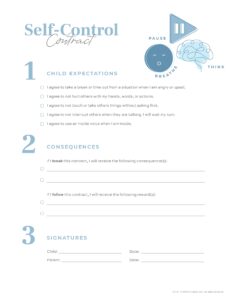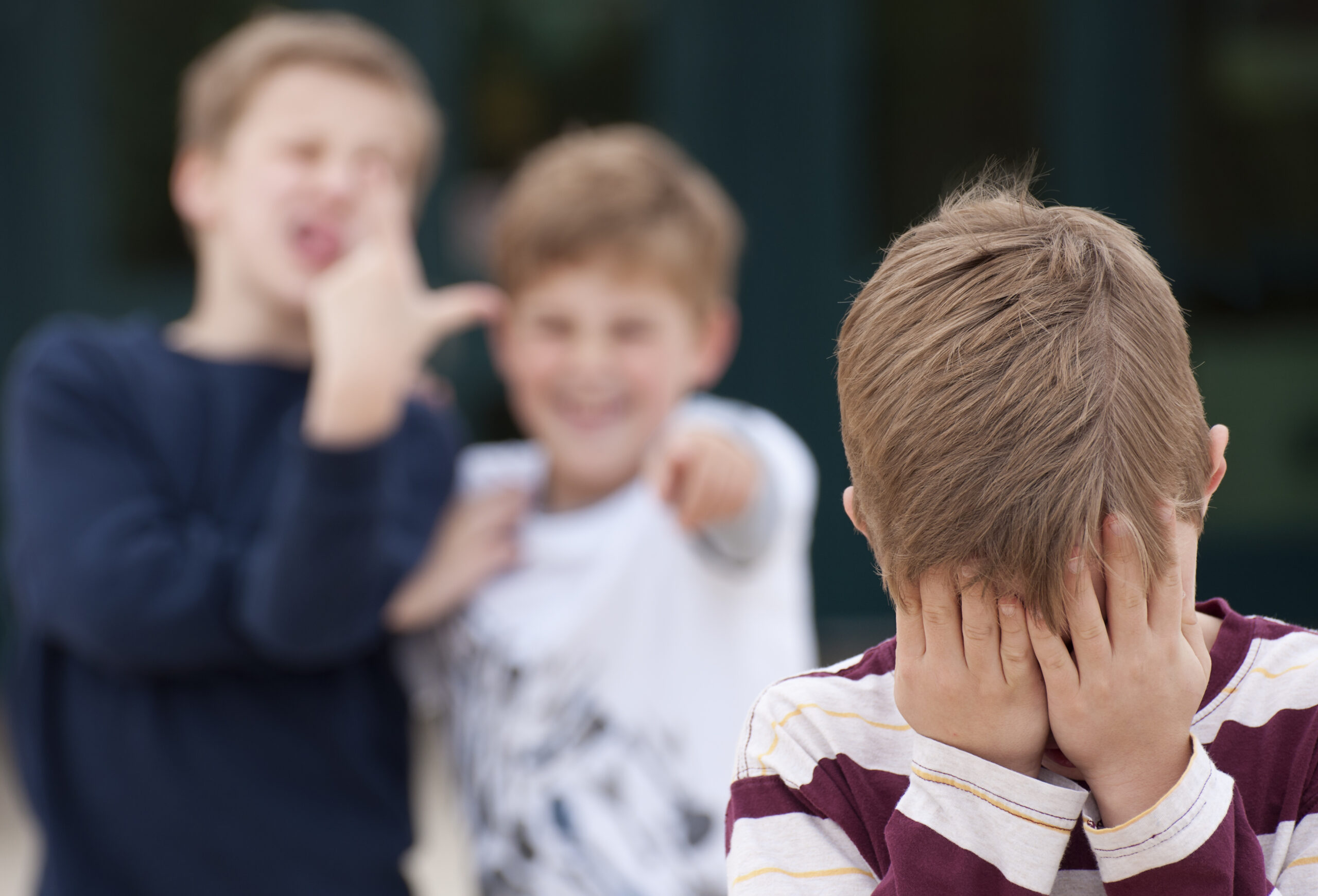When my daughter started elementary school, I sat in a tiny classroom chair along with a couple dozen other parents. I remember thinking, Which mom is going to have my child over to play? Who’s going to be the mom of my kid’s future best friend? I was excited! I didn’t need my child to be popular, but I admit, I wanted others to like her.
On a basic level, being accepted socially by their peers helps kids with making friends. It’s also good for a child’s well-being to feel liked and not like an outcast. Whether your child’s starting at a new school or just having some difficulty making friends, try working on these 5 social skills for kids.
1. Good Manners
A boy in my daughter’s class called Elijah seemed to get scolded by the teacher quite a bit, but at recess, he had a cluster of friends around him. When he darted over to me to ask if he could use the bathroom, he not only greeted me with a smile but thanked me before he ran off. Elijah may have some difficulty sitting still in class, but he was a super polite and likable kid!
When kids are polite, they show respect for others. And a simple “thank you” shows gratitude. Kids who have good manners are not only likable but seem to be quickly forgiven when they mess up. Teaching these social skills for kids at home will make their social interactions at school easier.
Kids who have good manners are not only likable but seem to be quickly forgiven when they mess up. Click To Tweet2. Eye Contact
“Can you look at my nose when you speak?” I asked my son. In elementary school, he didn’t always want to look at me when we talked. He just seemed too busy. But eye contact is a way to be polite. It tells others you’re listening and interested in what they have to say.
Teaching kids to make eye contact is as important as teaching please and thank you. Eye contact may be harder for younger kids or shy kids. But you can encourage your child to look at your face or your forehead when he speaks, says Kristi Alexander, Ph.D. Tell your child that “most people try to at least glance at each other, since everyone likes to be acknowledged.” Then practice at home. With time, he should get more comfortable with it.
3. Being Able to Apologize
“Hey, Tommy!” Becca called. She sat with my daughter and two other girls near the tire swing. The boy stopped and spun around. “You kicked up mulch on our Fingerlings!” He hesitated for a moment, his eyes darting across the girls’ faces. “Sorry,” he said, and took off. Becca smirked but seemed satisfied, and she went back to playing.
It’s a hard thing at any age, but apologizing means taking responsibility for something you’ve done. It also shows empathy and care. Practicing apologies at home and getting your child used to seeing things from another’s perspective will help her be able to get to that place of issuing a genuine apology at school—or anywhere—if she needs to.
4. Having Self-Control
A child who doesn’t get what he wants and melts down because of it doesn’t have good self-control. A lack of self-control can also be seen in a kid who says the first thing that pops into his head without thinking about another person’s feelings. These things can happen at any age. Being able to stay in control of his words and actions is an important social skill for your child in building friendships. If you’d like a free printable to help with this skill, download iMOM’s Self-Control Contract here.
5. Accepting the Word “No”
In the classroom, I sat at a table with my daughter and three others. “I need that silver crayon,” Lilith* (not her real name) said to my daughter. My daughter replied, “I’m not done with it.” Lilith persisted: “But I need it.” She tried to take it from my daughter who then said, a little louder, “No, I’m not done.” Finally, Lilith backed off.
Being able to accept the word “no” shows respect for the other person. Arguing can make someone angry or hurt their feelings. But staying calm leaves room for compromise. If the teacher tells your child he cannot go to the restroom at that moment, he should be able to wait patiently. If he asks you to stay up late on a school night or have a snack before dinner, he needs to learn how to appropriately respond to the word no. It’s one of many social skills for kids that helps them get along better with others.
What other social skills for kids are important to teach?











